Product-Specific Food Safety
All Product-Specific Food Safety Content

How to Safely Make and Sell Hummus in South Dakota
There is an increasing interest with food entrepreneurs for making hummus. Learn how to safely make hummus, including notable regulations that processors must abide by in order to sell it in South Dakota.

Testing for E. coli in Raw Meat Products: Basic information for meat processors
While the risk of Shiga-toxigenic Escherichia coli (STEC) should be taken seriously, the incidence of positive STEC tests can be mitigated by proper animal, carcass, and product handling, as well as robust sanitation policies and practices.
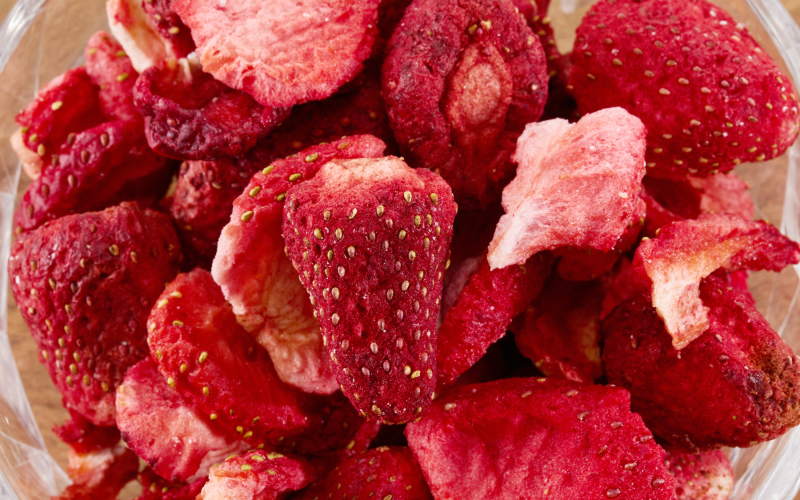
Freeze Drying Foods
This publication describes the freeze-drying process to help food entrepreneurs understand the process, highlighting food safety risks and relevant South Dakota regulations.
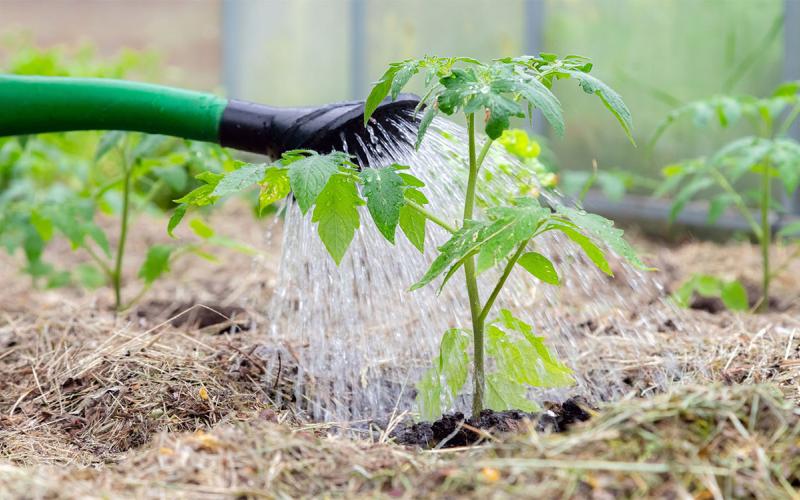
Microbial Water Testing for South Dakota Producers
Microbial water testing is important for produce growers to know the quality of their water to help ensure the safety of the fruits, vegetables, and herbs they produce.
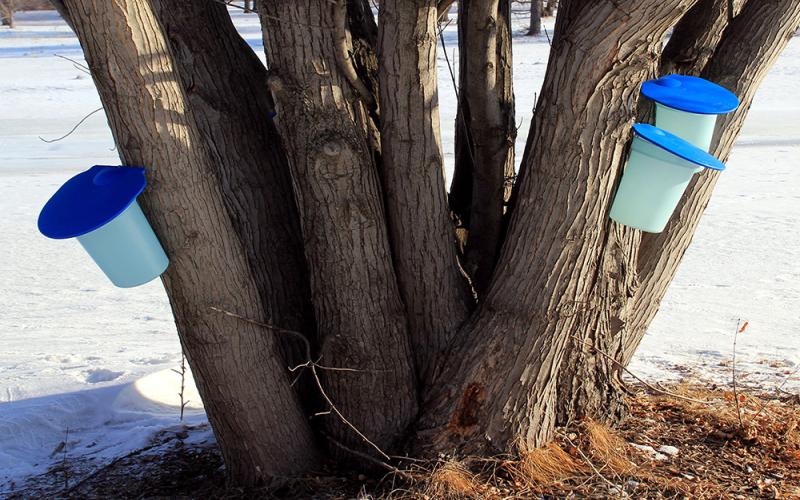
Tapping Maples for Sap
Fact sheet on how to tap maple trees for sap.

Product Donations for Food Manufacturers
Interested in donating some of your slightly flawed food products to a food drive? View some food safety tips and donation considerations for food manufacturers in South Dakota.
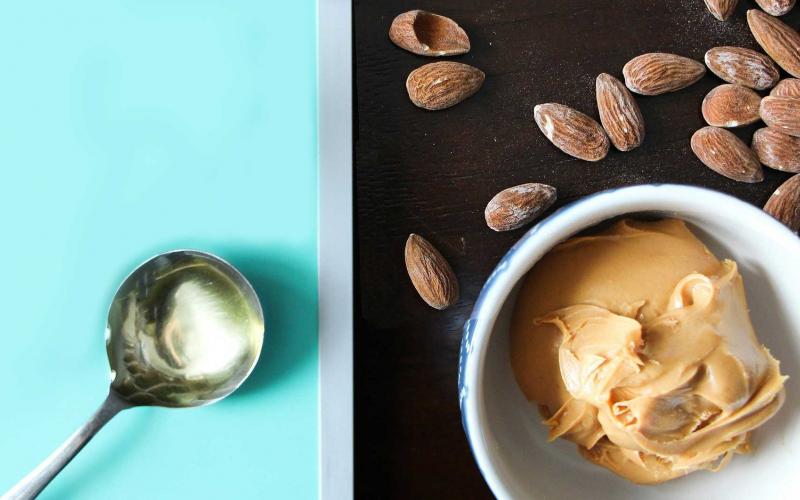
How to Make a Safe Nut Butter
During the last few years the popularity of plant-based butters has increased considerably. These plant-based nut butters have proven to be good sources of protein, fiber, essential fatty acids and other nutrients and may include soy butter, almond butter, pistachio butter, cashew butter, sesame butter, and so on.
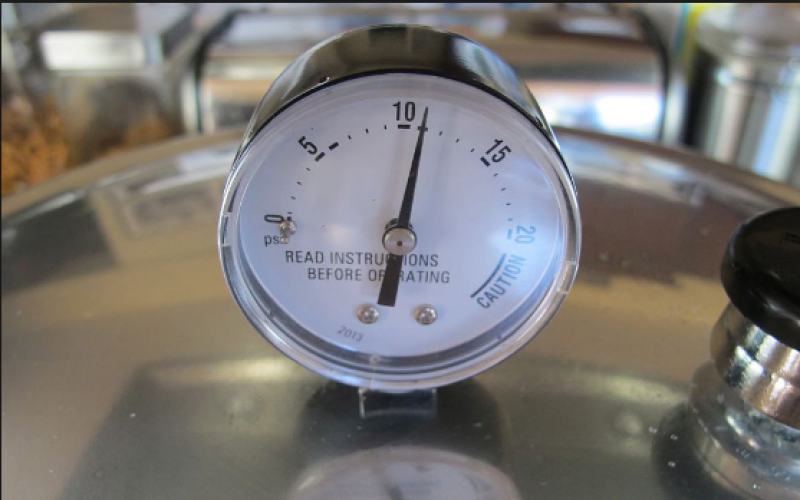
Testing Dial Pressure Canner Gauges
For accuracy before use, it is recommended that dial gauges get tested each year. Gauges that read high cause under-processing and may result in unsafe food.
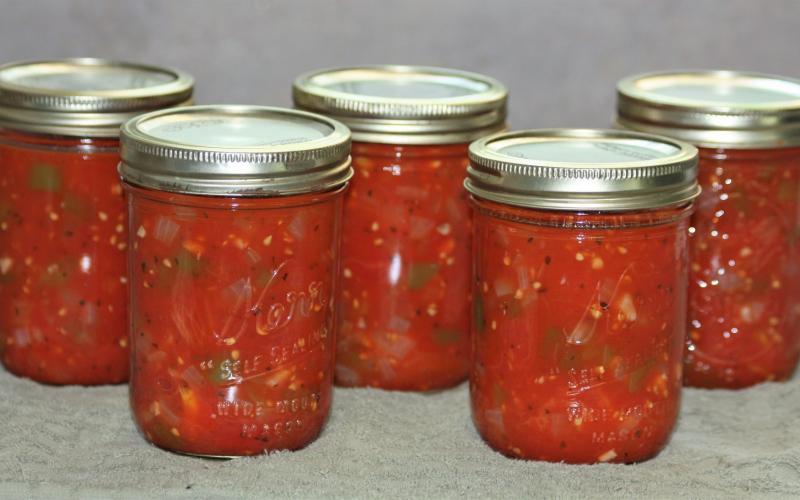
Food Safety Product Evaluation Request Form
Form to request a Food Safety Product Evaluation
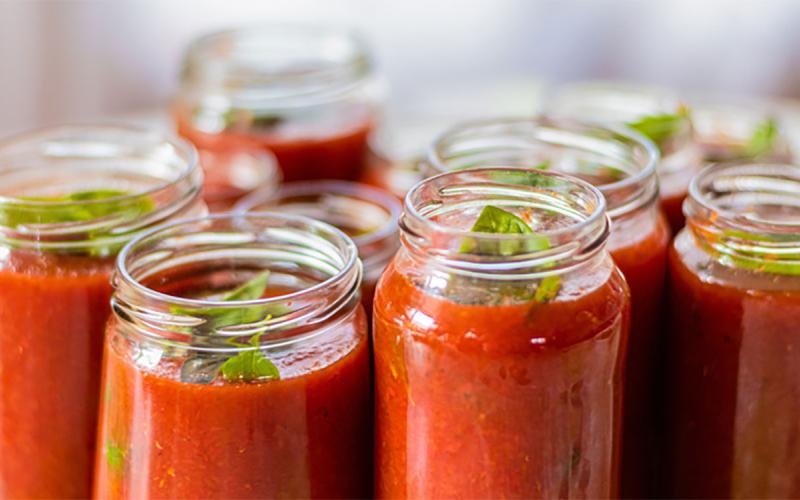
The “Why” Behind Unsafe Canning Practices
When choosing a food preserving method, it’s important to investigate the science behind the process and choose a method that has been researched and proven safe. This is especially important when it comes to canning.